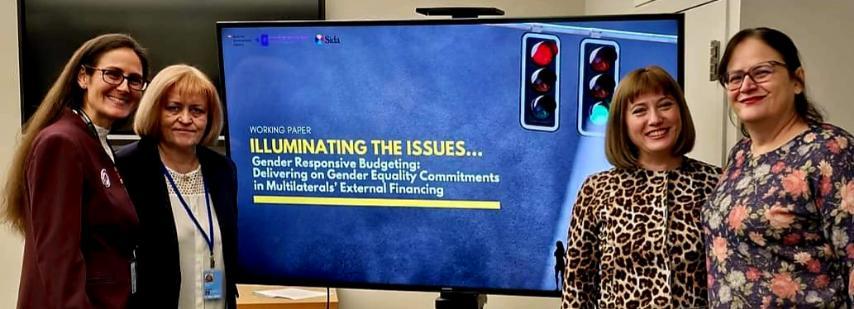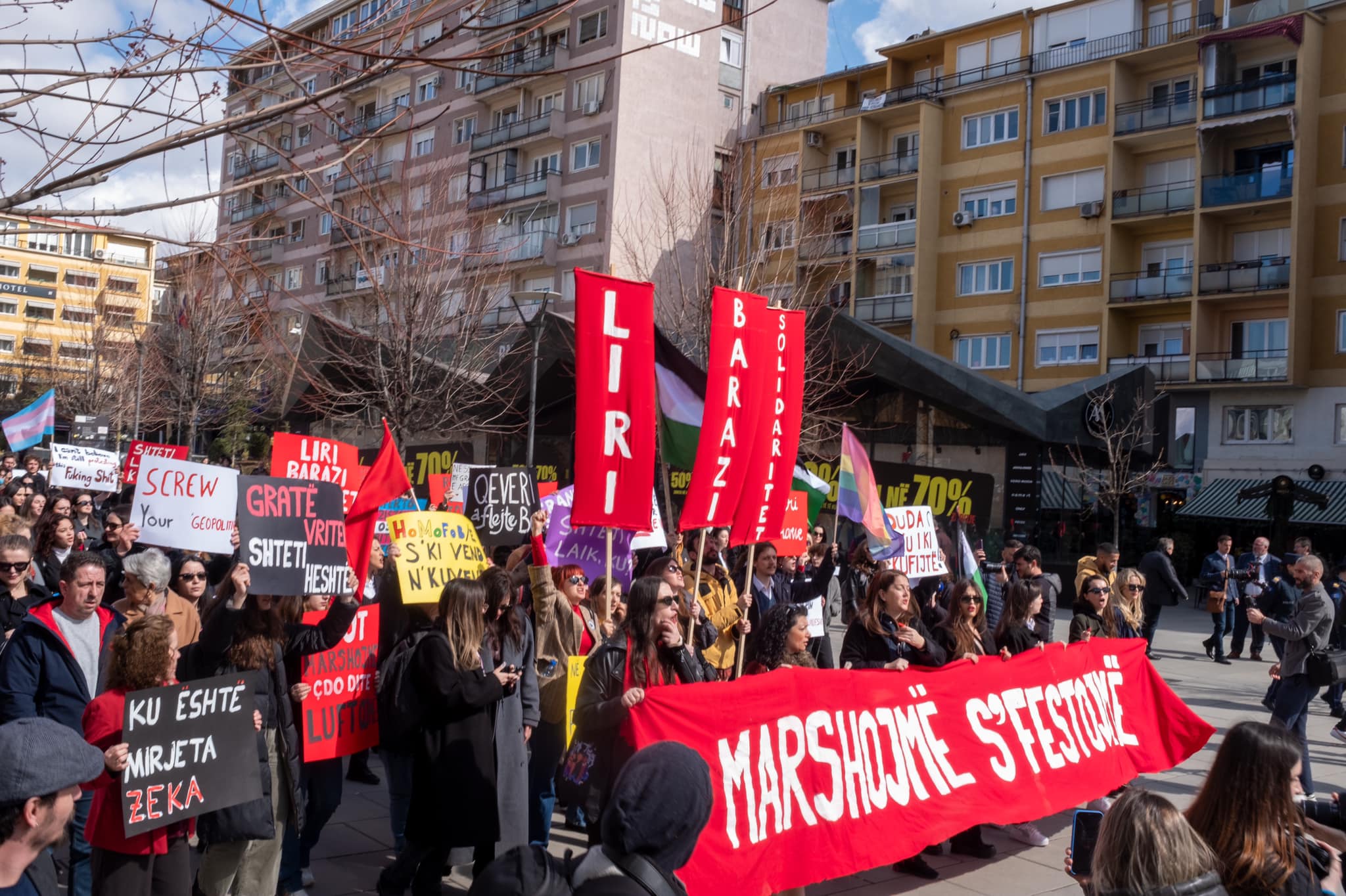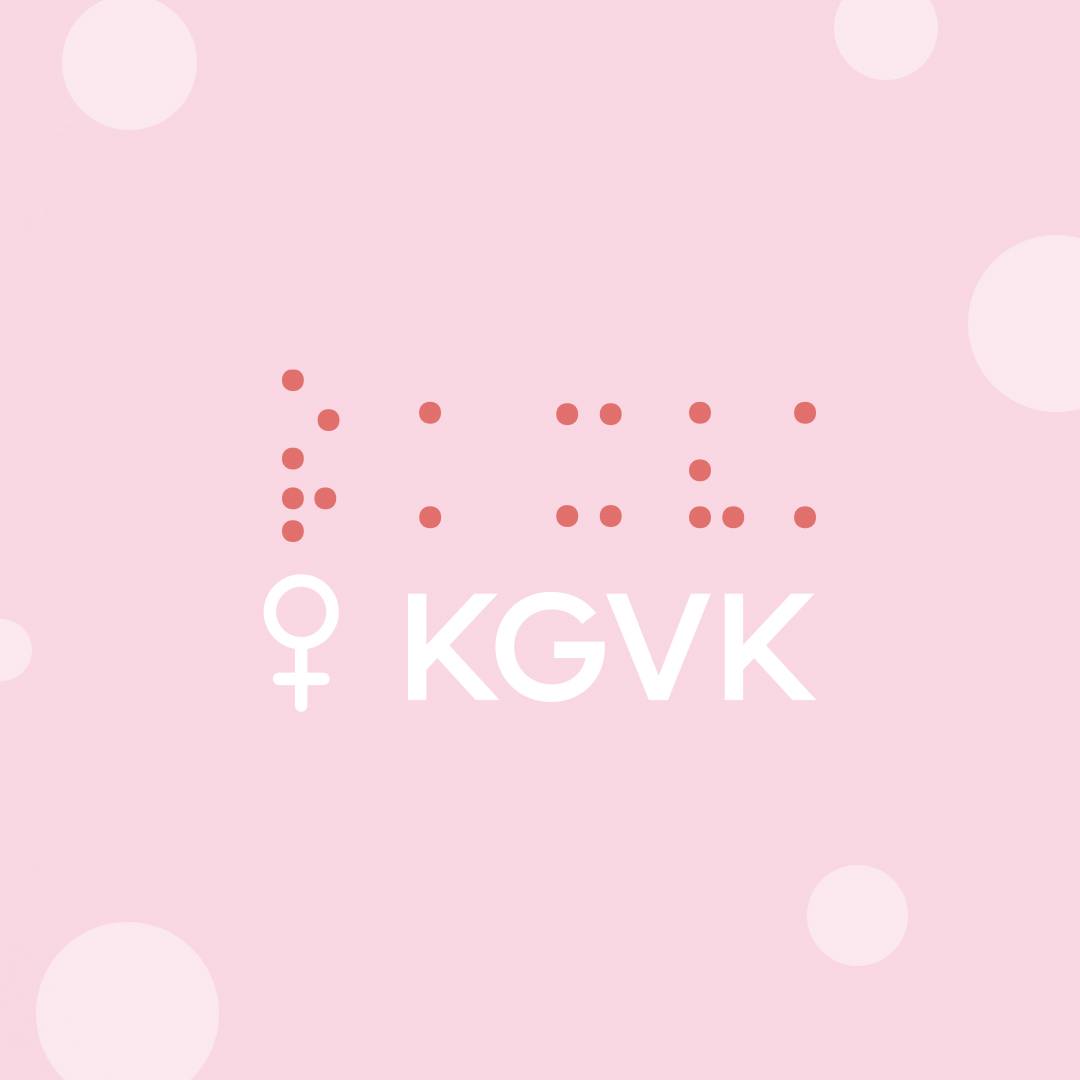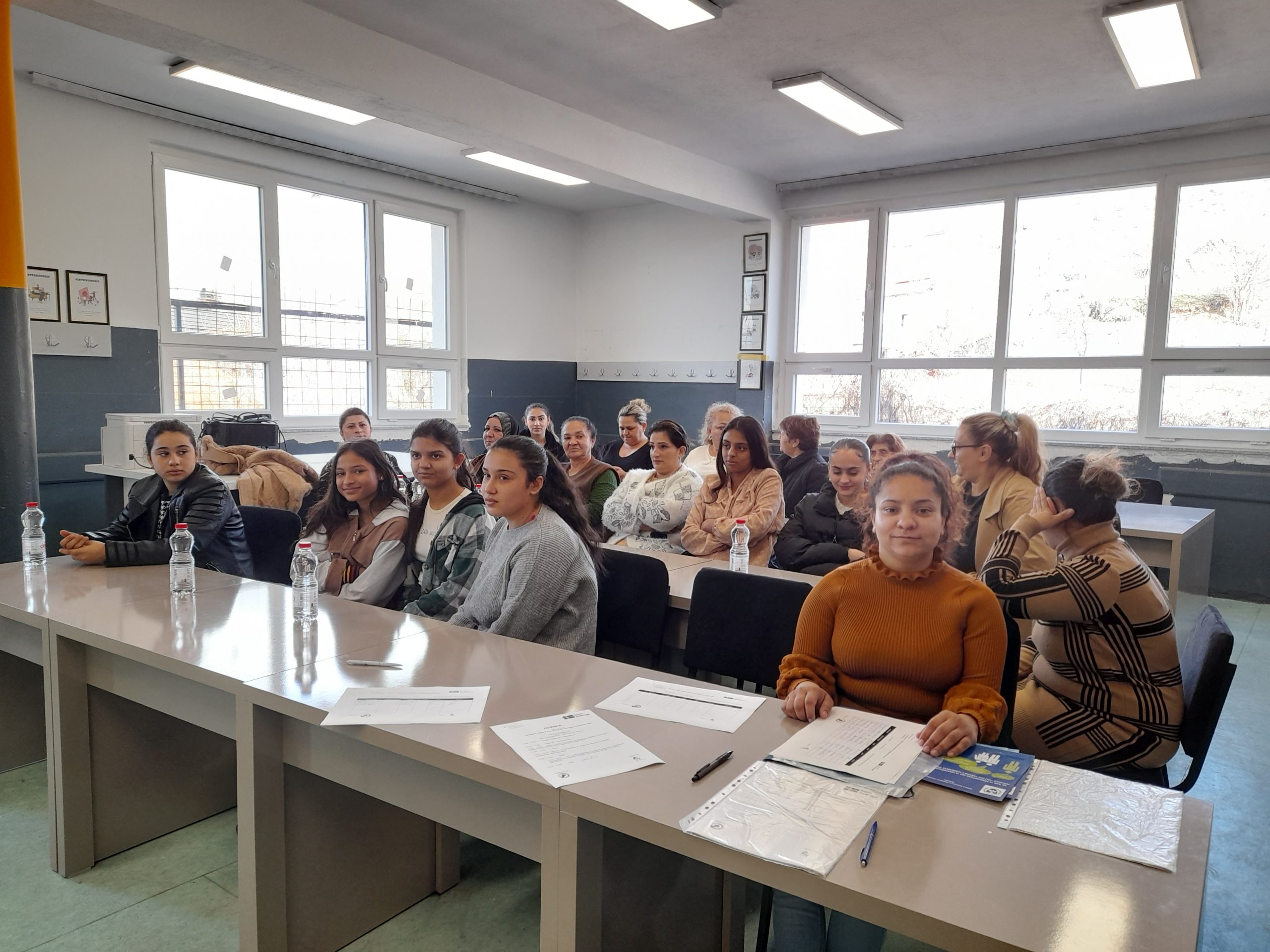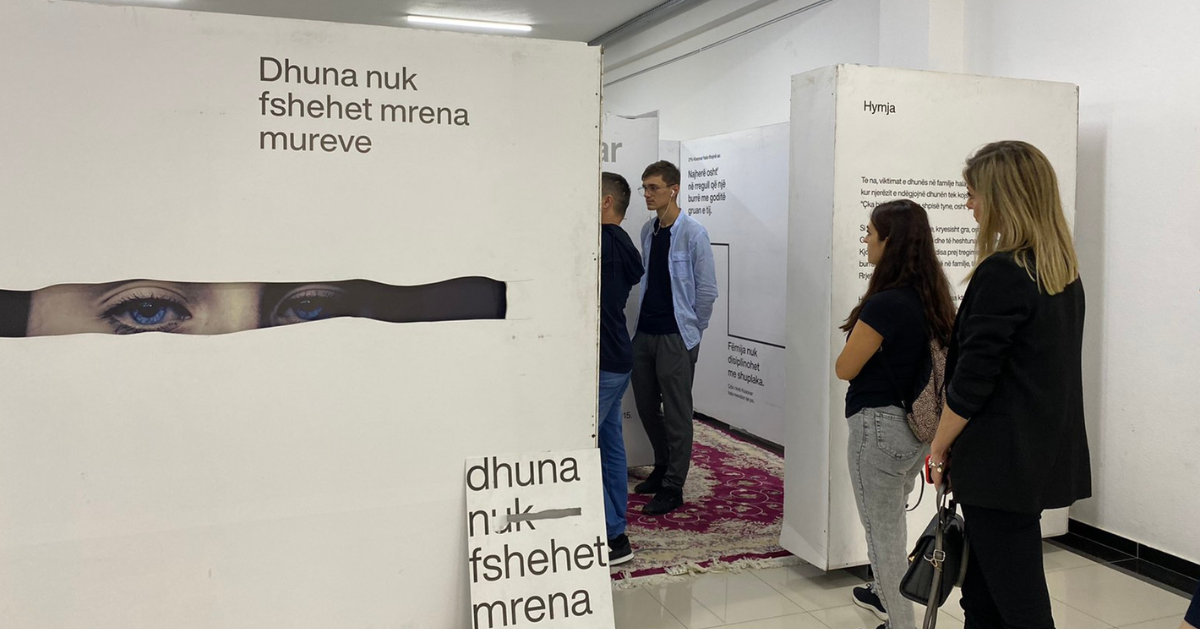The Gender Budget Watchdog Network (GBWN) for the Western Balkans and Moldova presented its working paper titled “Illuminating the Issues: Multilaterals’ External Financing: Delivering on Gender Equality Commitments” at a side event during the United Nations (UN) Commission on the Status of Women (CSW) in New York on 22 Mar. 2024. Co-organised by GBWN and Keystone International, the event was held in the context of the CSW’s focus on financing for gender equality, aiming to highlight how multilaterals’ improved use of gender-responsive budgeting could contribute to more and better financing for achieving global gender equality aims, such as those related to the Sustainable Development Goals.
GBWN’s paper highlights the importance of gender-responsive budgeting by multilateral funders like UN agencies, the European Union (EU) and World Bank. If multilaterals are to support the institutionalisation of gender-responsive budgeting in individual countries, it could serve their efforts well if they themselves demonstrate best practices in gender-responsive budgeting. Moreover, gender-responsive budgeting can contribute to more efficient, effective, transparent and impactful results towards gender equality by improving how resources are allocated to benefit diverse women and men in development work.
As an author of the paper, Kosovo Women’s Network (KWN) Program Director and Lead Researcher Nicole Farnsworth presented key findings and recommendations during a panel entitled “Illuminating the Issues: How Multilaterals Are Walking the Gender Budget Talk?”, organised by GBWN.
“While gender-responsive budgeting has primarily been used by governments, it can be applied to any budget cycle,” she emphasised.
Based on best practices in gender-responsive budgeting, multilaterals should provide a gender budget statement detailing how development funding will advance gender equality, considering intersections with age, ethnicity and disability. Then, multilaterals can lead by example by reporting on how financing contributed to gender equality commitments, the paper found. They also can better publicise their expenditures towards gender equality in a user-friendly and understandable manner.
Ludmila Malcoci from Keyston Moldova, another GBWN member, presented a case study on gender and disability from the same paper, noting that multilaterals’ strategies and financing rarely have considered how gender intersects with disability to create added vulnerabilities that must be addressed in development work.
Other discussants included representatives from the Organisation for Economic Co-operation and Development (OECD), the Austrian Development Agency, UN Women, the United Kingdom Women’s Budget Group and the European Women’s Lobby.
During the discussion, Jesus Sanchez Mugica from the United Nations Development Programme (UNDP), a multilateral examined in the paper, emphasised the crucial role of civil society in holding governments and intergovernmental institutions accountable for using public finances to achieve gender equality objectives. He praised GBWN’s work in this regard and stated that UNDP would consider how the recommendations could be implemented. The discussion is available on video, and GBWN will host an online launching of the finalised working paper later this year, so stay tuned for more information!

